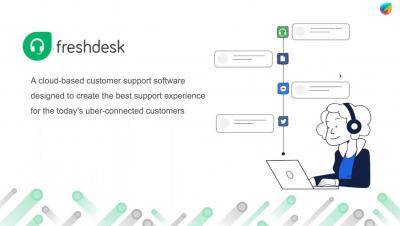Build a business case for your management to invest in field service management software
As a manager handling a team of employees who go on-site and resolve customer issues related to your product/service, buying field service management (FSM) software to help you manage the workload of your team is critical—especially as your business scales and the team grows. However, such a purchase decision will often require management buy-in. The management needs to completely understand the ROI associated with such a product.













